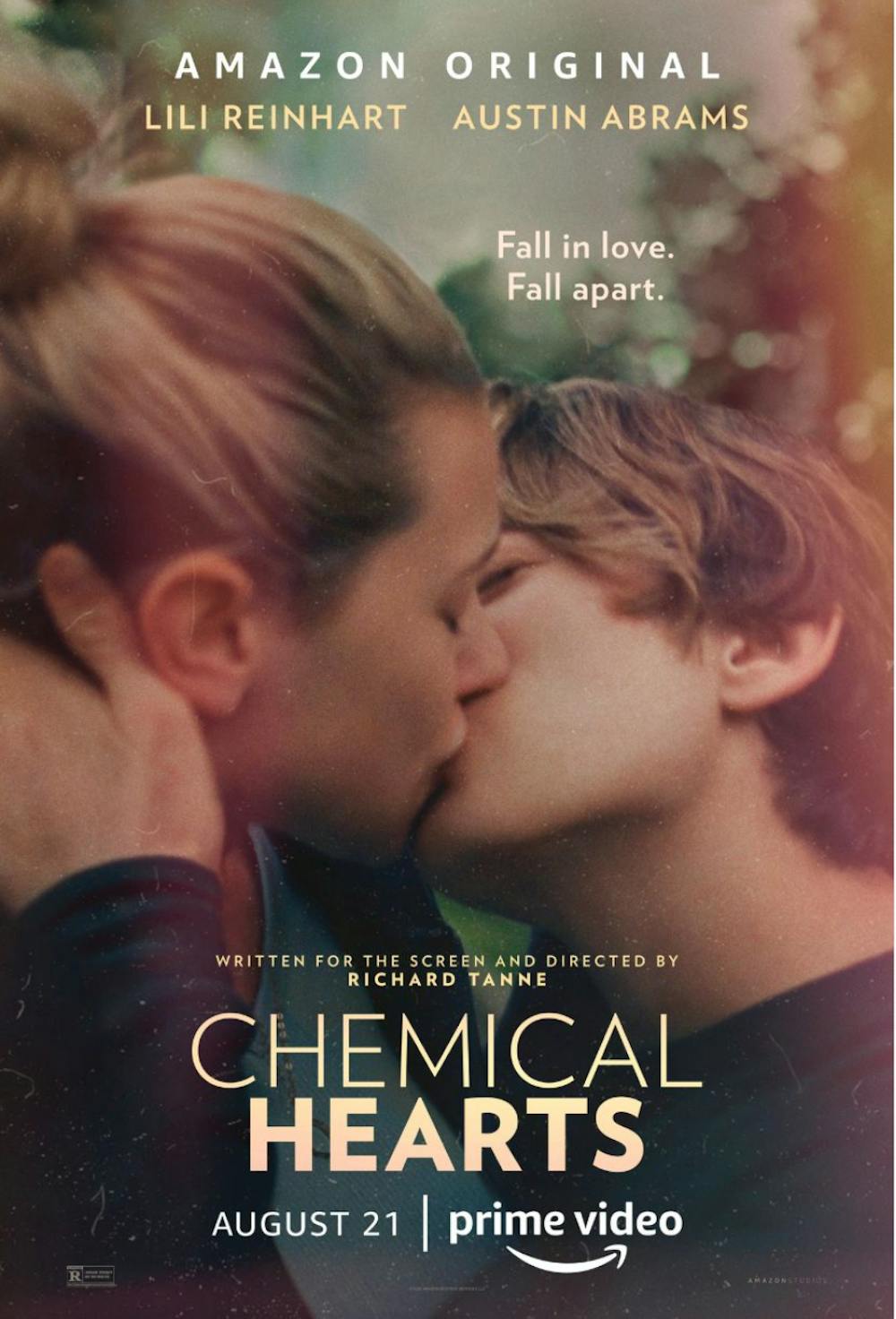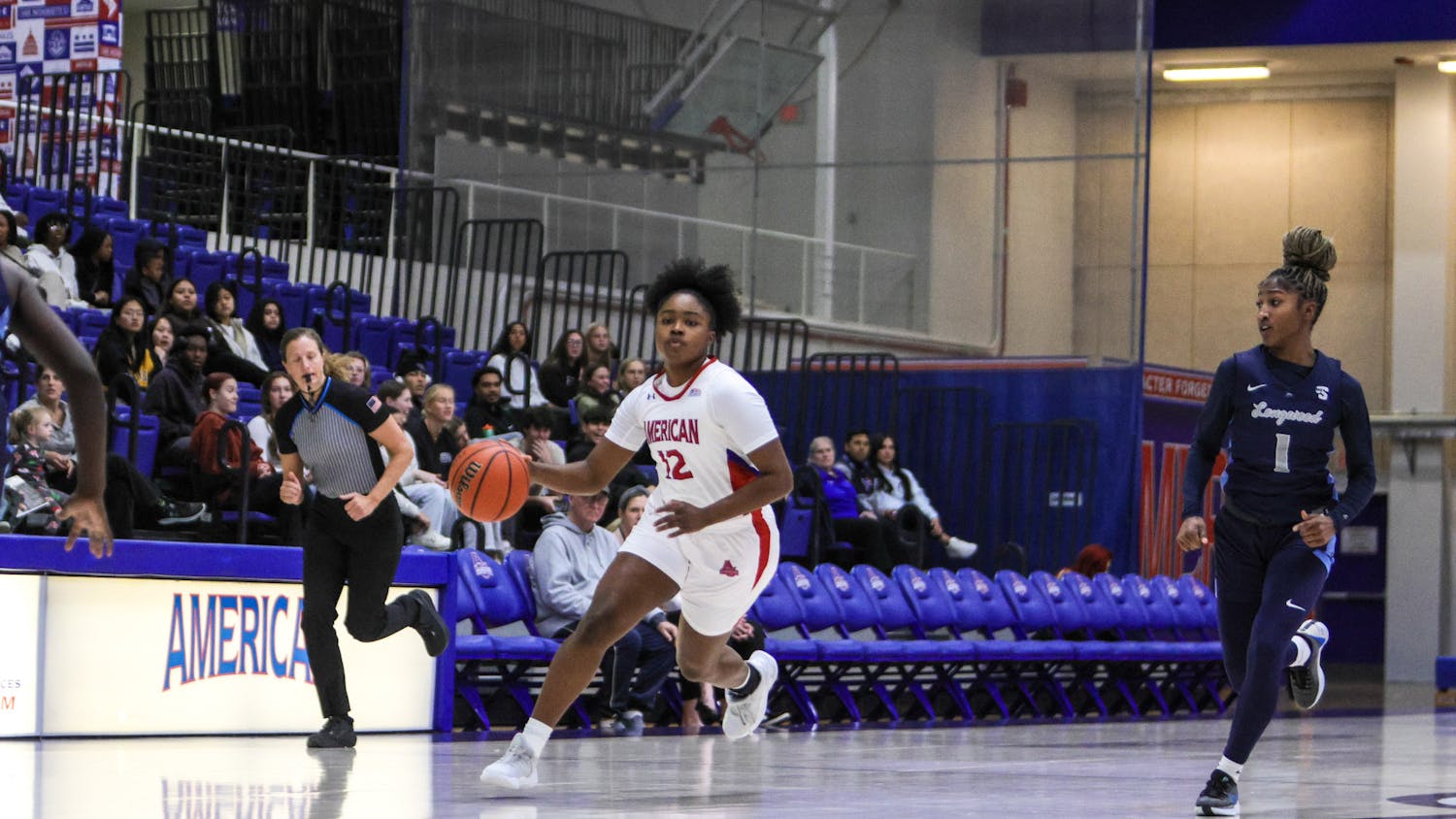There is no universal guide to teenagehood. The way that the teen characters in the film “Chemical Hearts” learn about the complexities of life and impending adulthood in New Jersey is different from those in other corners of the United States and the world. With no guide, Austin Abrams, who plays Henry Page in the film, gets to see teenagehood from a personal perspective.
“Maybe it's trying to experience those years or everything; it involves high school relationships with parents, with friends from different perspectives,” Abrams said, in a roundtable interview with The Eagle and seven other university papers. “I would say maybe that's something that I enjoy because obviously everyone deals with all those things as they're growing up differently.”
Despite the inevitable differences, Krystal Sutherland, the author of “Our Chemical Hearts,” and Richard Tanne, the writer and director of the novel’s film adaption, try to create ubiquity by emphasizing how aging is not only physical but also neurological. As humans, our emotions can be boiled down to a series of chemical reactions.
“Chemical Hearts” is a coming-of-age film following Henry and Grace Town (Lili Reinhart) as they work on their school’s newspaper. Henry loves to write, but struggles to speak his feelings, while Grace is the opposite. Their relationship moves out of the newsroom, but becomes complicated by Grace’s struggle to cope with her traumatic past.
Reinhart was worried that audiences wouldn’t connect with her character because she can come off as cold and emotional, but Reinhart herself found her character to be “charming.” The appeal of her character, Reinhart said, was her vulnerability.
This movie subverts a common narrative about teens: They’re selfish, dramatic and too immature to experience or understand mature topics. “Chemical Hearts” is not the first film to try to combat this idea.
Tanne’s work has a defined thesis: Writers who try to capture the teenage experience cannot do so without highlighting the pain associated with growing up.
With a thesis like this, the film is a mixed bag. On one hand, it allows teens to learn how to navigate difficult emotions, yet on the other, it does so with an obvious desire to be beautiful and deep.
Reinhart and Abrams manage to capture the angstier side of teenagehood in unexpected ways. Their acting elevates this film above other teenage romance stories. Reinhart convincingly displays distant and toxic grieving through her monotone voice, blank under-bagged stares and sudden outbursts of anger.
The primary narrator is Abrams, who excels in remaining passive to allow Reinhart’s story to shine through. The malleability of Henry’s character makes him fascinating to watch. He is a fixer, whether it’s when he purposely breaks vases, only to glue them back together, or when he strives to fix Grace. Throughout the film, however, Grace’s grieving gravitational pull alters him more than he alters her.
“I was working with such a collaborative director and such an amazing co-star in Austin. And so, it was just really such a wonderful filming experience that I kind of lost myself in,” Reinhart, who is also the film’s executive producer, said. “And even though it was emotional, I still somehow managed to have such a great time.”
Unfortunately, the story itself overshadows Reinhart’s and Abrams’ acting because “Chemical Hearts” lacks earned sadness.
I grew up during the era of Tumblr, where images of teens with the John Green quote, “My thoughts are stars I cannot fathom into constellations,” went viral. Green’s works have beauty in them, as exemplified in the previous quote, but he has an impressive ability to manufacture emotions for young adult audiences.
“I didn't have an easy time being a teenager. It was not fun for me. I had fallen into a deep depression when I was 16,” Reinhart said. “But, I think I had enough faith in myself. … Luckily now maybe there are more resources for people who are more like me and struggling in high school.”
Similar to other works of its caliber, “Chemical Hearts” pumps out beautiful one-liners in hopes to successfully, yet momentarily, make you feel, rather than create a work that holistically earns your emotions.
But, I must give Sutherland credit for her ironic commentary on that exact critique. The film lacks depth, but, at times, it seems that Sutherland acknowledges the genre’s limitations in achieving authenticity.
So, from every beautifully delivered line by the protagonist-duo, to the ethereal and mostly wordless soundtrack, to the choppy shots that move the audience through vignettes of these high school seniors’ lives, the feelings that I once loved nagged me through shallow aesthetics.
All I needed was to be 17 again and sitting perilously in teenage limbo to have felt the manufactured profundity — and I believe other now-adult viewers who also used Tumblr and loved John Green will agree — but, watching it today, I understand too well how much it falls short.
The film will be available on Amazon Prime Video on August 21.





